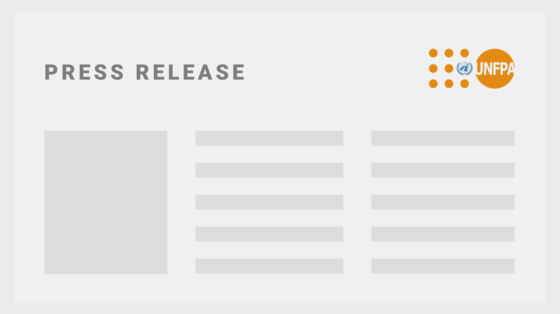The UN Secretary-General's Global Strategy for Women's and Children's Health (2010) called on the global community to work together to save 16 million lives by 2015. This challenge was taken up by the UN Commission on Life-Saving Commodities for Women and Children, which identified and endorsed an initial list of 13 overlooked life-saving commodities that, if more widely accessed and properly used, could save the lives of more than 6 million women and children.
The Commission also identified key, interrelated barriers that prevent access to and use of the 13 commodities and recommended 10 time-bound actions to address them. These focus on the need for improved global and local markets for life-saving commodities, innovative financing, quality strengthening, regulatory efficiency, improved national delivery of commodities and better integration of private sector and consumer needs.
The Commission estimated that an ambitious scaling up of these 13 commodities over five years would cost less than $2.6 billion and would cumulatively save over 6 million lives including 230,000 maternal deaths averted through increased access to family planning. The estimated costs per lives saved are low and represent excellent global development investments. Thus, the scaling up of these commodities is not solely a moral obligation but one of the most effective ways of getting more health for the money invested. It would make a significant contribution to putting maternal and child health on a trajectory to end these preventable and tragic deaths.




